Throughout my medical education, I’ve been asked what resources I used to power through my studies. After finding myself answering this same question over and over again, I finally decided to create a page of the resources that were my saving grace throughout my medical education. Please keep in mind that this list is NOT all-inclusive. There are certainly other great resources out there. This is just a compilation of the resources that kept me afloat, along with a few others that I heard wonderful things about from multiple people.
Before we delve into the resources, I just want to make a few things clear:
- IMPORTANT DISCLOSURE: PLEASE READ BEFORE PROCEEDING: First things first, Black Man, M.D. is a proud affiliate partner for some of these resources, meaning if you click a link for one of the affiliate resources and make a purchase, we may earn a commission at no extra cost to you. It will be clearly stated which resources have affiliate links embedded in its post, and the commissions earned will help provide Black Man, M.D. the funding it needs to sustain and bolster its platform so that it can continue carrying out its mission effectively. The recommendations that I provide on this list are based on my personal experiences, as well as the personal experiences of others that I am walking with on my journey in medicine. The resources and recommendations shared with you are here because I genuinely believe that they are helpful and valuable, not because of any commissions that the blog may receive. Please do not spend any money on any of these resources unless you believe that they will help you achieve the goals you’ve set for yourself.
- This is a dynamic list of resources, meaning that this page will be updated over time as the listed resources come out with new editions or are discontinued. If there are new resources I’ve never used that I believe have the potential to change the paradigm of medical education, they may be added.
- I was never much of a textbook guy, so while there will be some textbook recommendations listed, there won’t be a ton of them. I primarily used textbooks as a reference, especially if they had fantastic images, charts, and/or diagrams that I could study from. Visual elements such as those helped me a TON throughout my medical education.
- Everyone has their own unique way of learning and synthesizing information. You may find that these resources end up being very helpful to you. On the other hand, you may realize that most of them aren’t of much use to you. If you do decide to use any of the listed resources, don’t be afraid to utilize them in your own unique way. Please do whatever works for you because that is what’s most important at the end of the day.
- Please keep in mind that linking a blog, website, or a product does not mean that I 100% endorse everything they may say or do. That being said, I believe that you can learn many things from something or someone, even if you don’t necessarily agree with everything they say or do. If a resource is listed here, it is because I genuinely believe that it was helpful enough to get me and/or other people through our medical education.
- My goal isn’t to give you all the answers; I most certainly don’t have them all. I’m still learning as I progress through my journey in medicine. I just want to provide you with a multitude of resources that can be found in one place for your convenience.
General Resources

First Aid For The USMLE Step 1 Exam
Throughout my MS2 year, I leaned heavily on this resource and it was an absolute necessity during my preparation period for Step 1! If you’re starting medical school and your institution does not give you this book for free, I would strongly recommend getting your hands on First Aid sooner rather than later!
Pro Tip: When I started my dedicated study period for Step 1, I got my First Aid book spiral-bound and it made a world of difference. It was so much easier to use and navigate through! I would recommend trying it out; it’s relatively cheap to do so and you can get it done at your local FedEx. You can thank me later 😉
This post contains an affiliate link. If you use this link to buy something, we will earn a commission at no cost to you. Thank you for your support! 😊

Sketchy
Previously known as “SketchyMicro” (and later “SketchyMedical”), Sketchy is a unique platform that applies visual-spatial memory strategies to everyday studying by using distinctive pictures and scripts to help you recall specific information. By using “The Method of Loci”, Sketchy takes complex medical concepts and anchors the important information within them to characters and objects in an imaginary story. They also offer interactive review flashcards and quiz questions to further cement the information you’re learning into your memory. While it initially started off as a platform that just explained concepts related to microbiology and commonly used pharmaceutical drugs, it has since evolved into a platform that spans topics geared towards not only medical students, but also towards students in PA school, pharmacy school, and nursing school. They cover a lot of critical material that is commonly tested on in the standardized tests (USMLE Step Exams, COMLEX, MCAT, PANCE, NAPLEX, NCLEX) administered to students in each of those professions. They even have an app now! 🤯
Honestly, it blows my mind just how much Sketchy has evolved over the years. It was a godsend when I first started using it in its early days, so I can’t even begin to imagine how crucial it is to students nowadays! In my humble opinion, purchasing a subscription to this resource is 100% worth the investment and is a MUST-HAVE. They even let you try it out for free for 14 days if you would like, so if you don’t find it helpful you can decide not to purchase it! If you haven’t already checked it out, I highly recommend doing so as soon as you can especially if you consider yourself a visual or auditory learner!
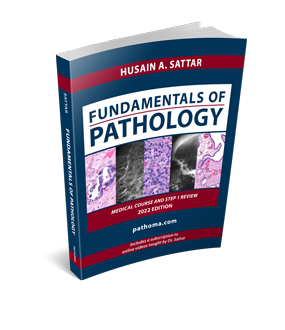
Pathoma: Fundamentals of Pathology

Firecracker
Firecracker was a central part of my studies up until my dedicated study period for Step 1 and although I didn’t personally use it while studying for Step, it has a lot of helpful study materials that are specific to Step 1. As you look for resources to help you in your studies, I would keep in mind that this resource isn’t for everyone, especially if you don’t consider yourself someone that learns best from flashcards. While I did find it helpful and would certainly recommend it to those of you who live and die by flashcards, I do not personally consider it a “must-have” to pass your Step exams and to succeed in medical school.
Wolters Kluwer offers a 7-day free trial of Firecracker that you can check out to determine if this resource would suit you well in your studies. If you end up deciding to use Firecracker, I would recommend starting to use it well before your dedicated study period for Step so that you can maximize the benefit of its long-term spaced repetition strategy!

Google Search Engine

Wikipedia

UWorld QBank
I used this extremely popular resource in an intense fashion during my preparation period for all three of my USMLE Step exams and it was single-handedly the best thing I could have done to prepare myself for each of them. It was the core study tool I used to study for the Step exams, and my review strategy was heavily based on how I performed on the questions I answered in the UWorld question blocks and on the practice tests that the company provides. The high-yield conceptually-focused questions in the QBank, coupled with the in-depth explanations that are provided for each question, makes this resource such a critical learning tool. I cannot recommend this MUST-HAVE resource highly enough! I’ll never say it is impossible to do well without using UWorld, but I honestly believe that you would be seriously selling yourself short if you decide not to use it!
Alongside the question banks for USMLE Step Exam preparation, UWorld has expanded its portfolio of products to include QBanks for COMLEX Level 1, COMLEX Level 2, the American Board of Family Medicine (ABFM) Certification Exam, the American Board of Internal Medicine (ABIM) Certification Exam, the Physician Assistant National Certifying Examination (PANCE), and the Medical College Admission Test (MCAT). I obviously haven’t used UWorld for any of these other exams but if the quality and robustness of the QBanks are anything like the ones I used for the Step exams, I would certainly recommend that you seriously consider investing in them!

Kaplan QBank
I remember feeling like the questions that I completed really challenged my understanding of the relevant material I had been studying. I managed to obtain a huge discount on the QBank during my MS1 year because of my student membership in the American Medical Association and my attendance at a lunch talk promoting this product. While I used it off-and-on during my MS1 and MS2 years, I ultimately did not use it during my dedicated study period for Step 1 since I decided to fully commit to the UWorld QBank. That being said, I do think that it is certainly worth looking into because it can serve as a very helpful supplement to what you’re learning in the classroom without exhausting the UWorld QBank that will be instrumental during your dedicated study period!
Unlike UWorld, Kaplan also offers on-demand and live courses that you can use to help further cement your understanding of foundational and integrated basic science concepts commonly tested on Step 1. These courses are quite pricey, with the on-demand option costing $1999, the live online option costing $4399, and the New York In-Center option costing an eye-popping $8000! (And that latter price is after you use the code NYCENTER20). I personally did not use any of the Kaplan courses for Step 1 because 1) I don’t think I even knew about them at the time, 2) I already had the resources that I felt I needed to effectively learn what I needed to comfortably pass my classes and the Step 1 exam, and 3) even if I did know about them during my MS1 year, the courses would have been waaayyyy out of my price range. That being said, if you feel that you may benefit from any of these courses and you have the means to afford one of them, by all means check it out! Kaplan is offering a free trial for the on-demand course as well as a free live event for the live-online course, so you can see if these methods of learning suit you before you decide to bite the bullet and pay for it!
Kaplan also offers QBanks and courses for USMLE Step 2 CK, USMLE Step 3, COMLEX Level 1, COMLEX Level 2 , and the MCAT. I don’t have any personal experience with using its resources for Step 2 CK, Step 3, or COMLEX, but I did participate in a Kaplan course for free while preparing for the MCAT, thanks to a remarkable summer program I was fortunate enough to participate in prior to my senior year of college. I do remember the live course giving me some much-needed structure as I prepared for the exam and the weekly practice tests were really helpful in assessing how well I was retaining and applying the knowledge I was accumulating. The On-Demand MCAT Course is currently the cheapest option and it sits at $2099, with the Live Online MCAT Course, Private MCAT Tutoring + Live Online Course, and the MCAT Bootcamp Online Course costing $2699, $3399, and $7299, respectively. Feel free to take a look at what each of these options have to offer if you are someone who may benefit from having a structured study schedule built for you!
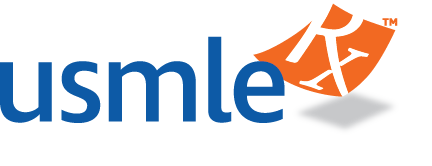
USMLE Rx QBank
Similar to the UWorld and Kaplan QBanks, the USMLE Rx QBank is a source of high-yield, conceptual questions that you can practice with and learn from. However, I will say that this resource has supercharged its offerings in the years that have passed since I took Step 1. From what I remember back then, all that USMLE Rx had to offer was a QBank. Nowadays, this platform complements its Step 1 QBank with other supplementary resources such as the Rx Bricks (~800 high-yield, patient-centered modules), Step 1 Flash Facts ( ~15,000 flash cards fully integrated with First Aid), and Step 1 Express videos (~80 hours of high-yield, interactive videos)! You can purchase them a la carte or bundle them up in their Rx360+ pricing plan.
Additionally, they offer you the opportunity to try out the Rx360+ plan for five days for free to see if you like it, and then allow you to keep your free access to over 150 of its Rx Bricks after the trial ends, even if you don’t end up purchasing anything from them! And last but not least, if you end up trying this resource out and likes what it has to offer, you can use its Step 2 CK QBank to prep for that exam!

Anki Flashcards
Prior to my Step 1 dedicated study period, I used Anki intermittently but not at all to the extent that I used most of the aforementioned resources on this page and much less to the extent that some of my classmates & friends used it. However, when I entered my step study period I found myself heavily using Anki, specifically the Step 1 Anki deck (~1800 flashcards indexed by major organ groups) that the creator of Yousmle.com put together. As I grinded throughout my study period, I found that the deck really helped me not only solidify important concepts relevant to Step 1, it also really helped me with retention of the knowledge that was being reinforced and I could review flashcards on-the-go with the Anki app.
While I didn’t end up scoring as high on the exam as I would have liked to, I do credit the Yousmle Step 1 Anki deck with helping me achieve a score that I was comfortable working with when it came time to apply for residency. I don’t think the Anki deck was 100% necessary for me to have passed Step, but just like the people who shared their testimonials on the site describing how much the deck helped raise their scores, I certainly did not regret buying it! Yousmle.com also offers a small pharmacology deck that I used for Step 1, a Step 2 CK deck that I used for most of my MS3 clinical rotations but not for my Step 2 CK preparation, and an online course that was offered well after my Step 1 days!
Bonus: Here’s an article authored by the creator of the Yousmle.com Step 1 Anki Deck that describes how he used Anki in a way effective enough for him to score a 270 on Step 1. Even though Step 1 is pass/fail now, the information he shares may still prove to be helpful for you if you end up using Anki as a study tool!

Lange Pharmacology Flashcards
This post contains an affiliate link. If you use this link to buy something, we will earn a commission at no cost to you. Thank you for your support! 😊
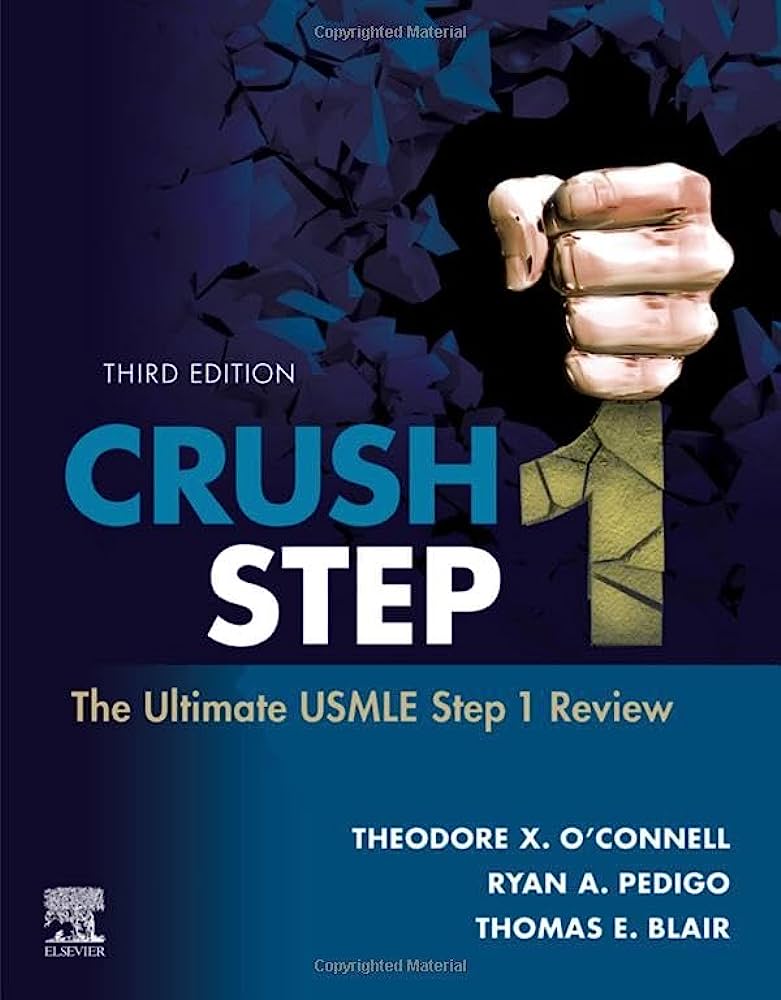
Crush Step 1 Review
The way it broke down the physiology of the nephron and described the pathophysiology of the ailments that could affect the kidney just made so much sense to me. I was officially hooked. I continued to use it heavily during the rest of my MS2 courses (Musculoskeletal/Rheumatology & Endocrinology/Reproductive Systems Blocks), where it continued to serve me well!
Crush Step 1 would have been a very-handy resource to have had earlier in medical school during my MS1 year, but I’m just glad that I was able to come across it when I did! I then primarily used it as a reference text during my Step 1 Study Period, where it continued to be a useful resource to review various concepts. If I were you, I would certainly check out this review book sooner rather than later to see how well it may work for you in the long run, especially if you’re a visual learner and learn well with text, pictures, and diagrams!
Bonus Tidbit: Based on the VARK test I took in medical school, my strongest learning styles at that time were kinesthetic and auditory, yet I still found this resource to be immensely helpful!
This post contains an affiliate link. If you use this link to buy something, we will earn a commission at no cost to you. Thank you for your support! 😊
Lectures/Professors: At the end of the day, your subject tests are (for the most part) going to be entirely dependent on your professors and the lectures that they give. You definitely should NOT neglect these, especially if your professors are the ones writing the questions for your exams. Also feel free to use your professors as resources if they make themselves available, but be aware that you aren’t the only student trying to compete with their attention!
MS1 Resources
(Unless otherwise stated, I typically used the General Resources above for the courses listed below with minimal additional resources. Especially Google. And First Aid, Sketchy, Wikipedia, Pathoma & Firecracker. Don’t sleep on Google though.)
My MS1 Courses
- Anatomy
- Cellular & Subcellular Processes
- Biochemistry
- Pharmacology
- Molecular Genetics
- Immunology
- Microbiology
- Virology
- Neuroscience
- Pathology
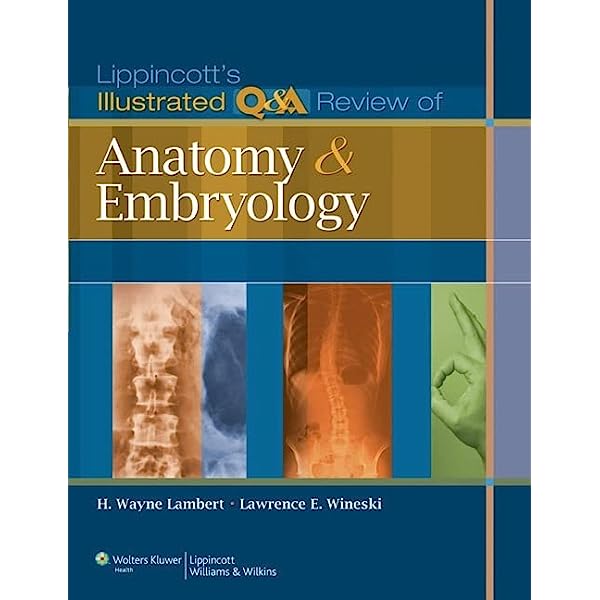
Lippincott’s Illustrated Q&A Review – Anatomy & Embryology
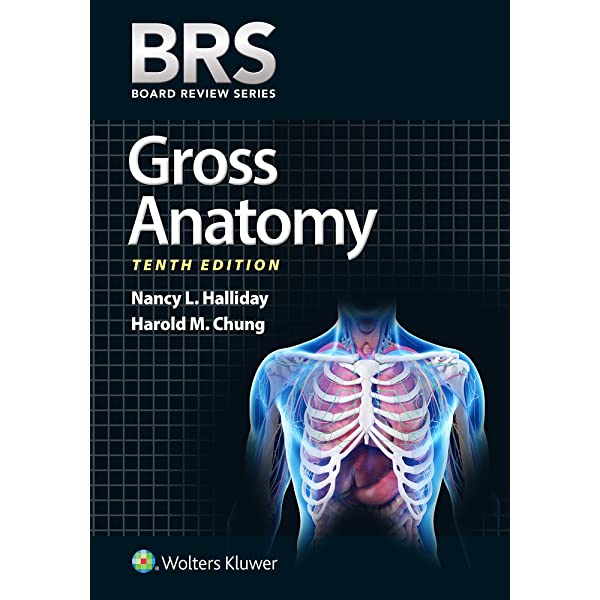
Board Review Series: Gross Anatomy

Netter's Anatomy Flashcards

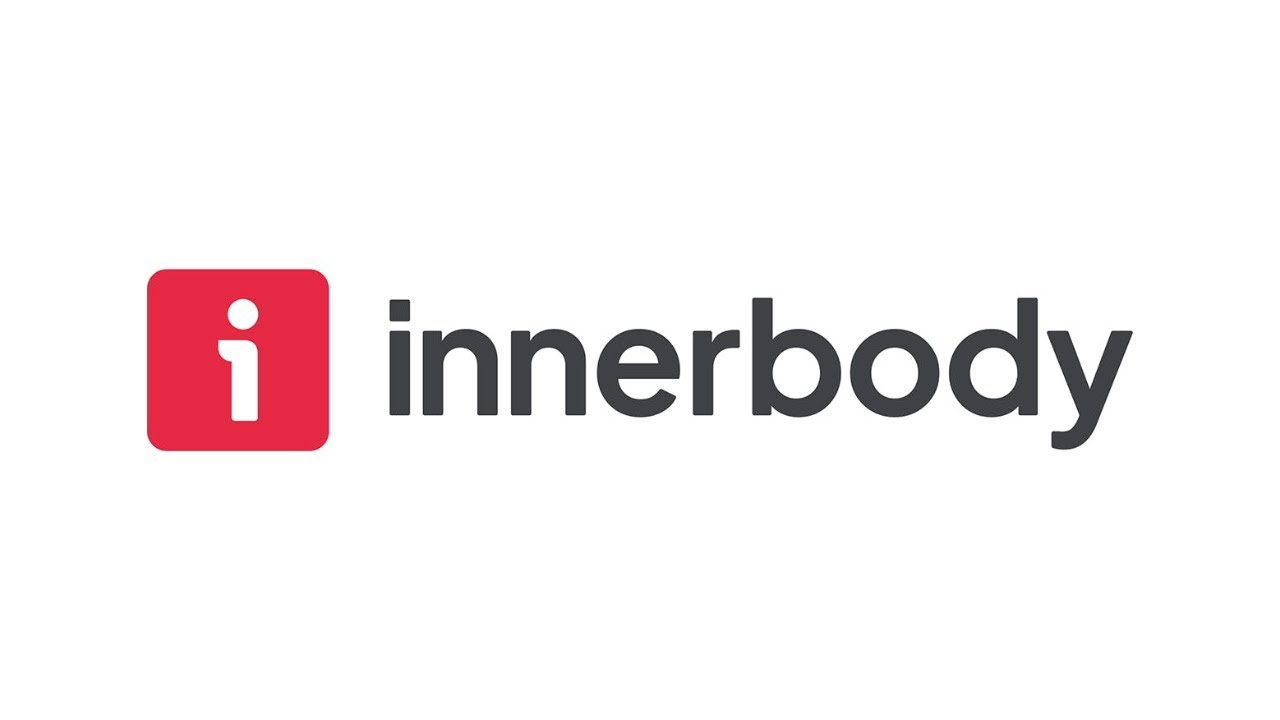

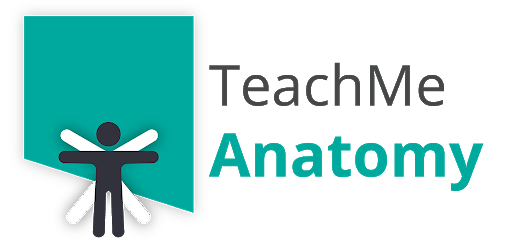
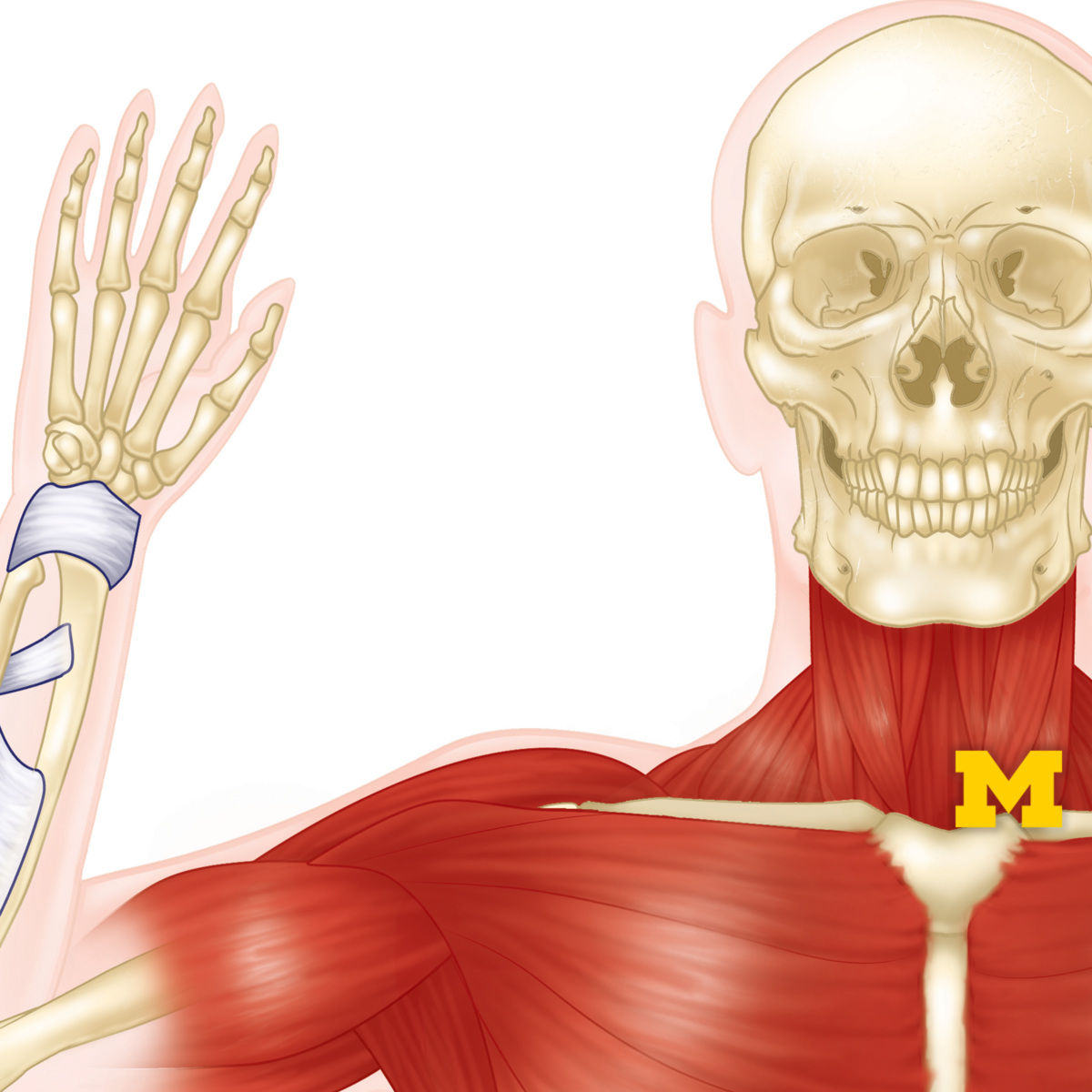



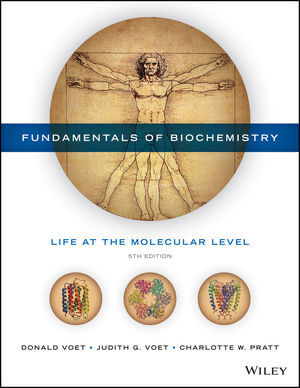
MS2 Resources
(Unless otherwise stated, I typically used the General Resources above for the courses listed below with minimal additional resources. Especially Google. And First Aid, Sketchy, Wikipedia, Pathoma & Firecracker. Don’t sleep on Google though.)
My MS2 Courses
- Hematology/Oncology
- Cardiology
- Pulmonology
- Gastroenterology
- Dermatology
- Renal
- Musculoskeletal/Rheumatology
- Endocrinology/Reproduction

Board Review Series: Physiology
MS3 Resources
Internal Medicine
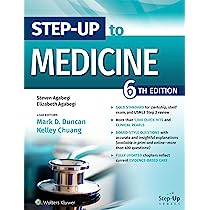
Step-Up To Medicine
This post contains an affiliate link. If you use this link to buy something, we will earn a commission at no cost to you. Thank you for your support! 😊
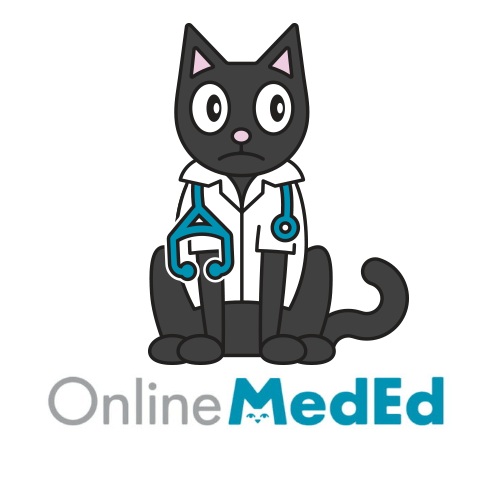
OnlineMedEd
The videos on this website are very high-yield and I was able to learn about various topics in a very structured way that was easy to follow. What made this resource so special during my time in medical school was that it used to be absolutely free, but that has since changed (explanation from the creator of OnlineMedEd can be found here). There are now pricing tiers based on how long you want access to a subscription and they’ve really super-charged the platform with a lot of new information and features.
OnlineMedEd very quickly became a staple in my studies throughout my MS3 year! Knowing what I know about it now, if I had to pay to use it as I went through my clinical rotations, I likely would still shell out the money for it. Or at the very least, I would try to get my institution to pay for it for everyone. It was just that great of a resource!

UWorld Step 2 CK QBank

Anki Flashcards

Sketchy

Firecracker
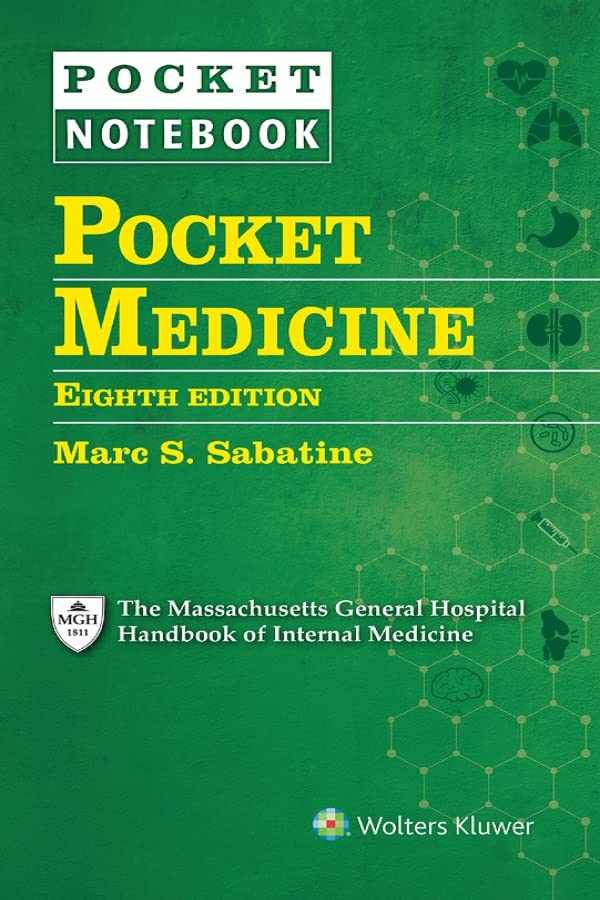
Pocket Medicine
This post contains an affiliate link. If you use this link to buy something, we will earn a commission at no cost to you. Thank you for your support! 😊

UT Health Science Center at San Antonio: Internal Medicine Clerkship Review
Obstetrics & Gynecology
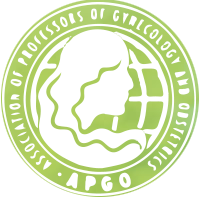
APGO UWise Questions
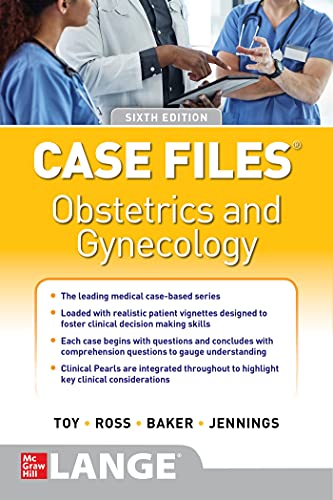
Case Files: Obstetrics & Gynecology
This post contains an affiliate link. If you use this link to buy something, we will earn a commission at no cost to you. Thank you for your support! 😊

OnlineMedEd
What made this resource so special during my time in medical school was that it used to be absolutely free, but that has since changed (explanation from the creator of OnlineMedEd can be found here).
There are now pricing tiers based on how long you want access to a subscription and they’ve really super-charged the platform with a lot of new information and features. Knowing what I know about it now, if I had to pay to use it as I went through my clinical rotations, I likely would still shell out the money for it. Or at the very least, I would try to get my institution to pay for it for everyone. It was just that great of a resource!

UWorld Step 2 CK QBank

Anki Flashcards

NBME Practice Questions
Pediatrics

Aquifer Pediatrics Cases

Case Files: Pediatrics
This post contains an affiliate link. If you use this link to buy something, we will earn a commission at no cost to you. Thank you for your support! 😊

OnlineMedEd
What made this resource so special during my time in medical school was that it used to be absolutely free, but that has since changed (explanation from the creator of OnlineMedEd can be found here).
There are now pricing tiers based on how long you want access to a subscription and they’ve really super-charged the platform with a lot of new information and features. Knowing what I know about it now, if I had to pay to use it as I went through my clinical rotations, I likely would still shell out the money for it. Or at the very least, I would try to get my institution to pay for it for everyone. It was just that great of a resource!

UWorld Step 2 CK QBank

Anki Flashcards

UT Health Science Center at San Antonio: Pediatrics Clerkship Review

NBME Practice Questions
Psychiatry
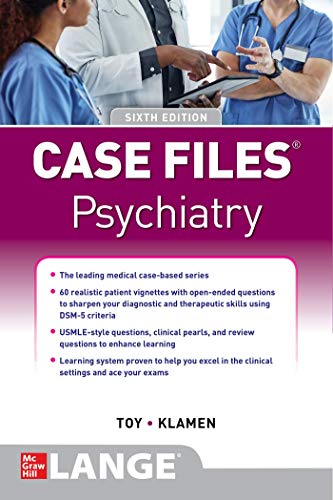
Case Files: Psychiatry
This post contains an affiliate link. If you use this link to buy something, we will earn a commission at no cost to you. Thank you for your support! 😊

OnlineMedEd
What made this resource so special during my time in medical school was that it used to be absolutely free, but that has since changed (explanation from the creator of OnlineMedEd can be found here).
There are now pricing tiers based on how long you want access to a subscription and they’ve really super-charged the platform with a lot of new information and features. Knowing what I know about it now, if I had to pay to use it as I went through my clinical rotations, I likely would still shell out the money for it. Or at the very least, I would try to get my institution to pay for it for everyone. It was just that great of a resource!

UWorld Step 2 CK QBank

Anki Flashcards

UT Health Science Center at San Antonio: Psychiatry Clerkship Review

NBME Practice Questions
Neurology

American Academy of Neurology Practice Questions
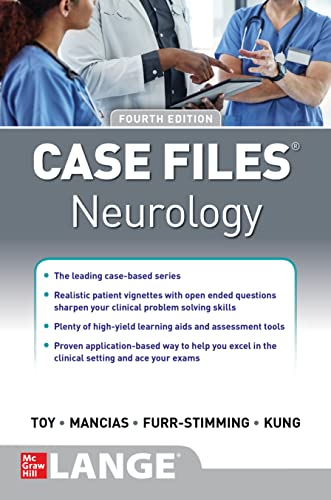
Case Files: Neurology
This post contains an affiliate link. If you use this link to buy something, we will earn a commission at no cost to you. Thank you for your support! 😊

OnlineMedEd
What made this resource so special during my time in medical school was that it used to be absolutely free, but that has since changed (explanation from the creator of OnlineMedEd can be found here).
There are now pricing tiers based on how long you want access to a subscription and they’ve really super-charged the platform with a lot of new information and features. Knowing what I know about it now, if I had to pay to use it as I went through my clinical rotations, I likely would still shell out the money for it. Or at the very least, I would try to get my institution to pay for it for everyone. It was just that great of a resource!

NBME Practice Questions
Surgery
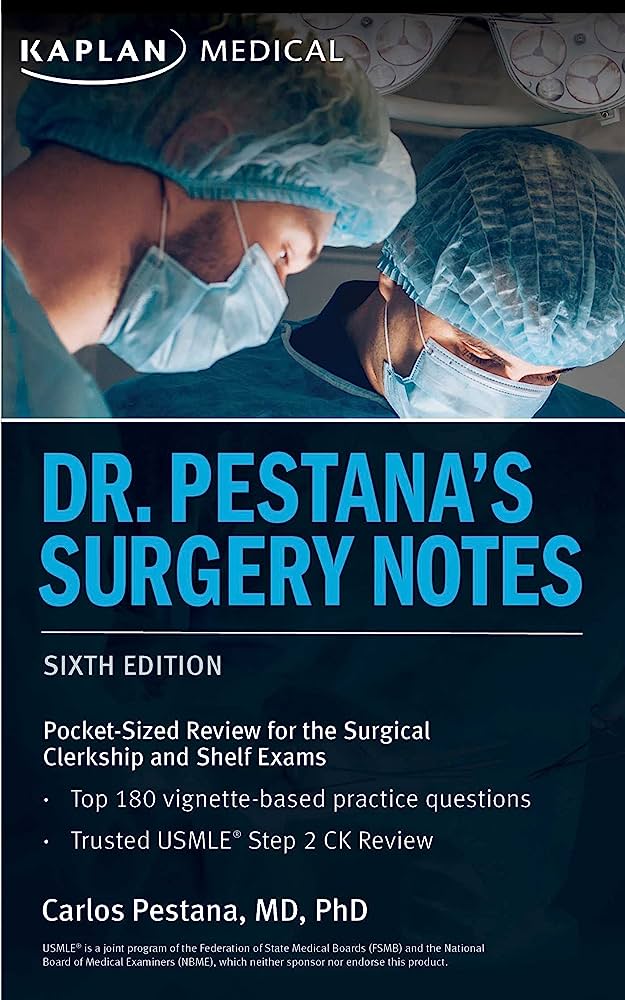
Pestana's Surgery Review
This post contains an affiliate link. If you use this link to buy something, we will earn a commission at no cost to you. Thank you for your support! 😊
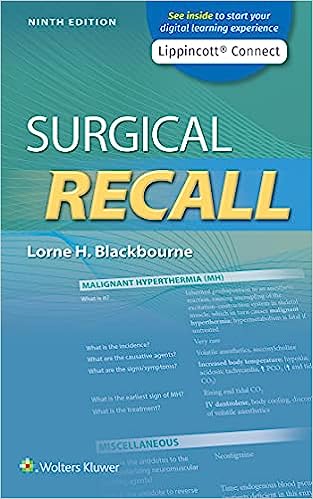
Surgical Recall
This post contains an affiliate link. If you use this link to buy something, we will earn a commission at no cost to you. Thank you for your support! 😊
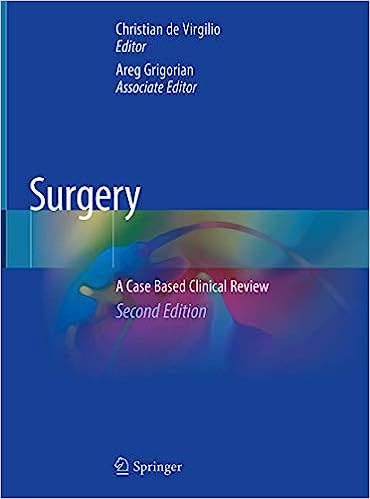
Surgery: A Case-Based Clinical Review
This post contains an affiliate link. If you use this link to buy something, we will earn a commission at no cost to you. Thank you for your support! 😊

Case Files: Surgery
This post contains an affiliate link. If you use this link to buy something, we will earn a commission at no cost to you. Thank you for your support! 😊

OnlineMedEd
What made this resource so special during my time in medical school was that it used to be absolutely free, but that has since changed (explanation from the creator of OnlineMedEd can be found here).
There are now pricing tiers based on how long you want access to a subscription and they’ve really super-charged the platform with a lot of new information and features. Knowing what I know about it now, if I had to pay to use it as I went through my clinical rotations, I likely would still shell out the money for it. Or at the very least, I would try to get my institution to pay for it for everyone. It was just that great of a resource!

UWorld Step 2 CK Qbank

Anki Flashcards

UT Health Science Center at San Antonio: Surgery Clerkship Review

NBME Practice Questions
Family Medicine

University of Virginia SOM Question Bank

Rosh Review
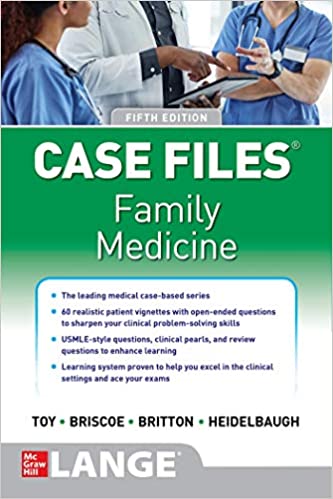
Case Files: Family Medicine
This post contains an affiliate link. If you use this link to buy something, we will earn a commission at no cost to you. Thank you for your support! 😊

NBME Practice Questions
Emergency Medicine

Rosh Review
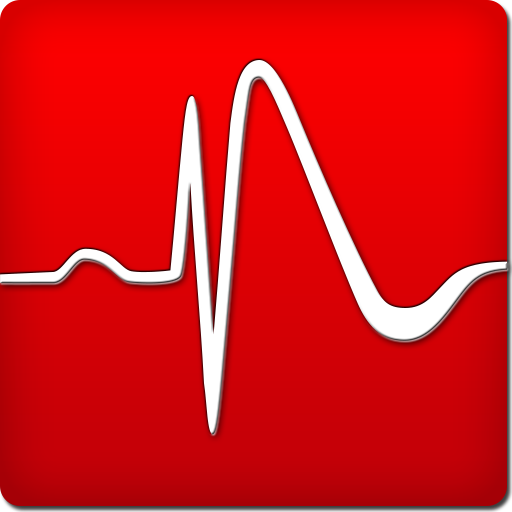
QuickEM

EM Basic

Case Files: Emergency Medicine
This post contains an affiliate link. If you use this link to buy something, we will earn a commission at no cost to you. Thank you for your support! 😊

NBME Practice Questions
Resources No Longer In Existence
Doctors In Training: I’m sorry to say that this resource no longer exists! I’m adding it to this list for completeness sake because it was one that I used heavily throughout medical school. Doctors In Training was known for its highly informative videos that tended to highly correspond with First Aid. These videos also came with worksheets that could be filled out in order to serve as study guides. Doctors In Training, or DIT for short, was used by many students preparing for all three Step exams as well as students preparing for the COMLEX exams. They did a wonderful job describing the material that was tested on the board exams. It was a pricey resource, but the company regularly gave out various discounts to students looking to use DIT!
IM Essentials – I primarily worked with this QBank during this clerkship and did a second-pass through my incorrect questions. It was a very helpful resource, and I learned a ton from it! Both this Qbank and UWorld helped me adequately prepare for my shelf exam, but the exam was still a tough one regardless. With that said, it’s important to understand that simply answering all the questions on both QBanks won’t suddenly make you a master of Internal Medicine, but it will definitely help you reason through questions in a confident manner. Although this QBank unfortunately is no longer offered by the American College of Physicians, you can still get the IM Essentials Questions Workbook on Amazon that has really helpful IM questions to work through! (This is an affiliate link. If you use these link to buy something, we will earn a commission at no cost to you. Thank you for your support!)

Hey thank you so much for this post. I’m rolling into my Step studying now. Quick question though. Do you still stand by that yousmle deck for step 1? Been getting mixed reviews about it.
Hey man, no problem! The page is here to help students like you prosper. As for the yousmle deck, I think that it did help me reinforce concepts and information as I was studying for Step 1, plus I could do the cards on the go since I got the app. The person who created the cards used many of the UWorld questions to create the cards, which again helped key information stick into my head.
That being said, I think they are priced quite high and looking back I don’t think it is a very necessary tool to do well on Step. If I were to study for Step again, I don’t know if I would want to purchase the deck at the price I bought it for, which I think was cheaper than the price it is now. But then again, if I hadn’t bought the deck, I would have probably been wondering “what if I had bought the deck?” To be honest, I don’t regret getting it at all, even though it wasn’t a perfect deck. He also may have added more cards to it over the past couple of years and may have tweaked some of the cards to be even more useful.
I didn’t get a score in the high 200s on Step 1 like the people on the website got, but I did get a score I was comfortable working with. So if you decide to get the deck and purchase it not fully expecting to get like a 260, then you most likely won’t be disappointed. But remember, the deck should serve as an adjunct to doing questions and using your other resources.
Hey Bro… I’ve been talking with some of our current 2nd years here at UNC as they approach their step season and would love to add 2 resources to your list here that i think are now MUST-HAVE’s for pre-clinical years / Step 1 Prep. One of them theoretically to replace First-Aid
1. USLME Step 1 Secrets (Thomas A Brown ; Sonali J Bracken)
2. Lange Pharmacology Flashcards (978-0071792912)
*ok honestly, you can’t really replace first-aid but maybe set it aside for a lil bit, till you get a point where you actually feel confident in how much you know*
Okay good to know bro, thanks for your input!